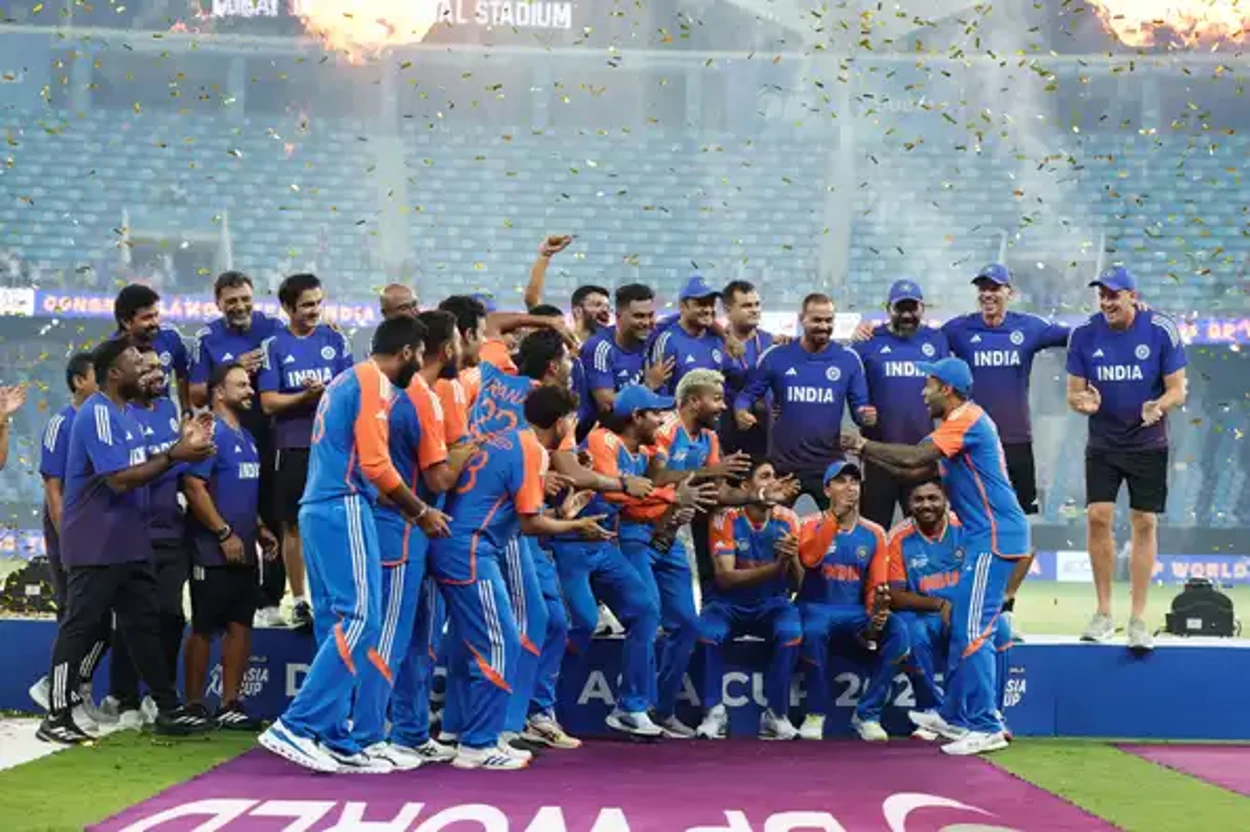PM unveils Rs 100 coin featuring Bharat Mata on currency for 1st time
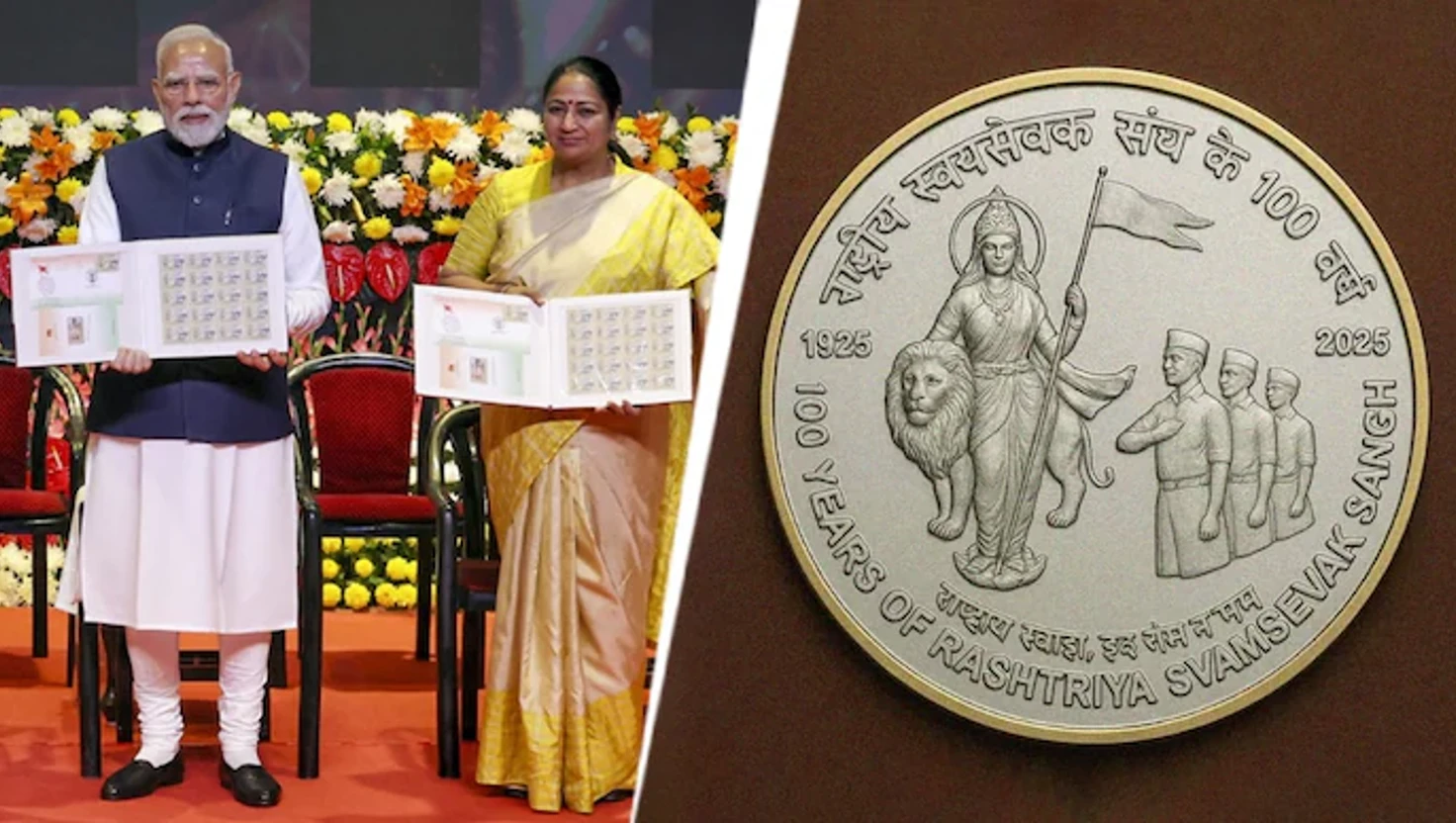
Indian Prime Minister Narendra Modi unveiled a commemorative ₹100 coin and postage stamp on 1st October 2025, during a ceremony marking the centenary of the Rashtriya Swayamsevak Sangh (RSS). The event took place at the Ambedkar International Centre in New Delhi. This momentous occasion is particularly notable as it features the first-ever depiction of Bharat Mata, a symbolic representation of India, on Indian currency.
Significance of the Release
In his address, Modi described the RSS as a representation of 'timeless national consciousness,' asserting its crucial role in India's goal of becoming a developed nation by 2047. He articulated that the contributions of the RSS, founded in 1925, are integral to the country's future development efforts.
The ₹100 coin features the national emblem on one side. The reverse side displays an artistic rendering of Bharat Mata in 'Varada Mudra' (a gesture symbolising blessing), alongside a lion. The coin bears the RSS motto, which translates to: "Everything is dedicated to the nation, Everything is the nation’s, Nothing is mine."
Historical Context
In his speech, Modi noted that this marks a historic first as Bharat Mata's image appears on Indian currency for the first time since the country gained independence in 1947. He acknowledged that the formation of the RSS was not merely the establishment of a new organisation but rather a revival of an ancient tradition. Modi articulated, "In our times, the Sangh is the embodiment of that timeless national consciousness. It is the good fortune of our generation of swayamsevaks that we are witnessing the Sangh’s centenary."
The Prime Minister also highlighted the foundational role played by Dr Keshav Baliram Hedgewar, the RSS founder, in India's freedom struggle, stating that many swayamsevaks were imprisoned for their efforts against colonial rule. He praised the organisation's dedication and resilience, describing it as a support system for freedom fighters throughout India's history.
Commitment to Nation-Building
Modi pointed out the RSS’s continuous engagement in various social and national service activities, from providing assistance during crises to their work in education and social welfare. He stated that the members of the RSS are often the first responders in humanitarian efforts, such as disaster relief operations during floods and pandemics.
"The Sangh, from its very inception, has devoted itself to nation-building. To achieve this, it chose the path of character-building," he remarked. This philosophy, he explained, is embodied in the daily gatherings known as 'shakhas,' where swayamsevaks undergo a transformative journey of personal development and community service.
Facing Contemporary Challenges
Looking forward, Modi addressed contemporary issues facing India, such as reliance on foreign nations and internal divisions. He commended the RSS for developing a strategic plan, referred to as the 'Panch Parivartan' (five changes), aimed at fostering national unity and social harmony while promoting environmental conservation and cultural values.
As the RSS prepares to enter its next century, the Prime Minister expressed confidence that their contributions would be pivotal in meeting the challenges of the future. The centenary celebration is set to culminate with a keynote address by RSS chief Mohan Bhagwat on 2nd October, coinciding with Gandhi Jayanti.
Cultural and Political Context
Founded in Nagpur, Maharashtra, the RSS has been influential in shaping India’s sociopolitical landscape. Originally established to promote cultural awareness and social responsibility, it has grown into a prominent organisation with political ties to the Bharatiya Janata Party (BJP). Modi, having been associated with the RSS during his early years, credited the organisation with instilling values that have guided his political journey.
The event not only commemorated the RSS's centennial but also sought to highlight its extensive contributions to nation-building, charity work, and cultural preservation across India. Modi's remarks reaffirm the organisation's vision while engaging in a broader dialogue about national identity and unity in the face of emerging challenges.
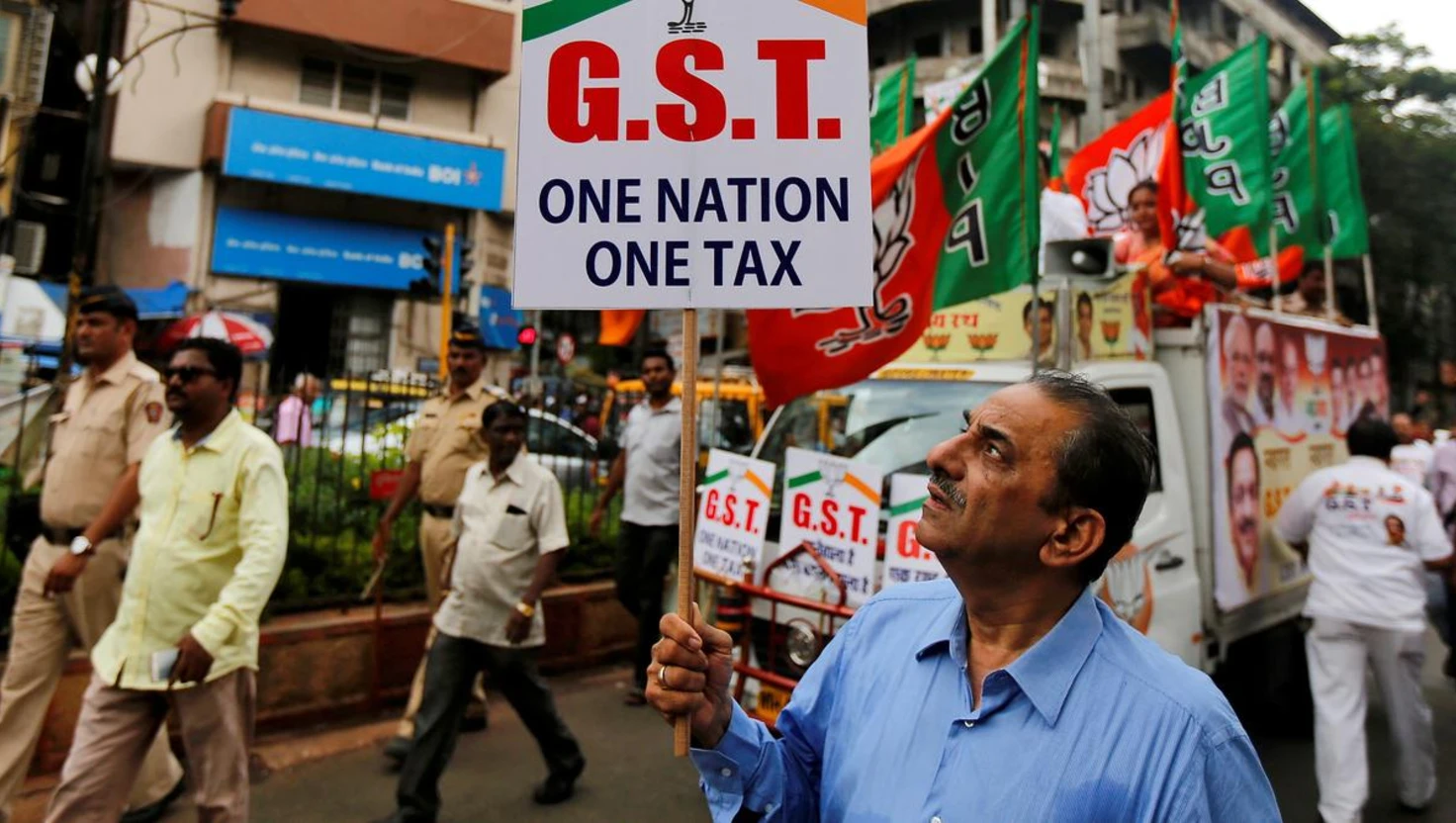
India's GST Collections Rise 9% to ₹1.89 Lakh Crore in September
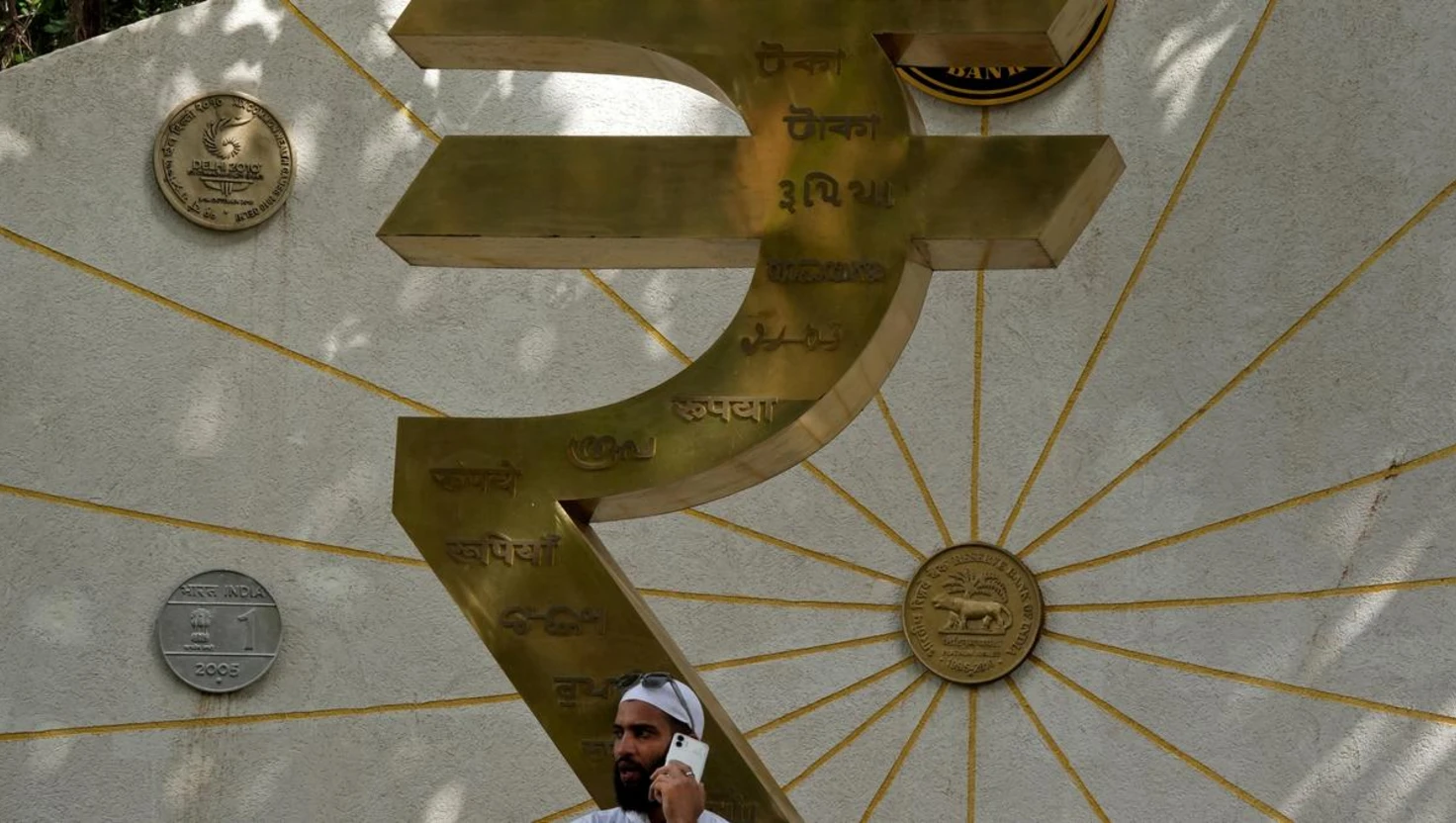
Indian Rupee Hits Record Low Amid Market Concerns and Tariff Issues
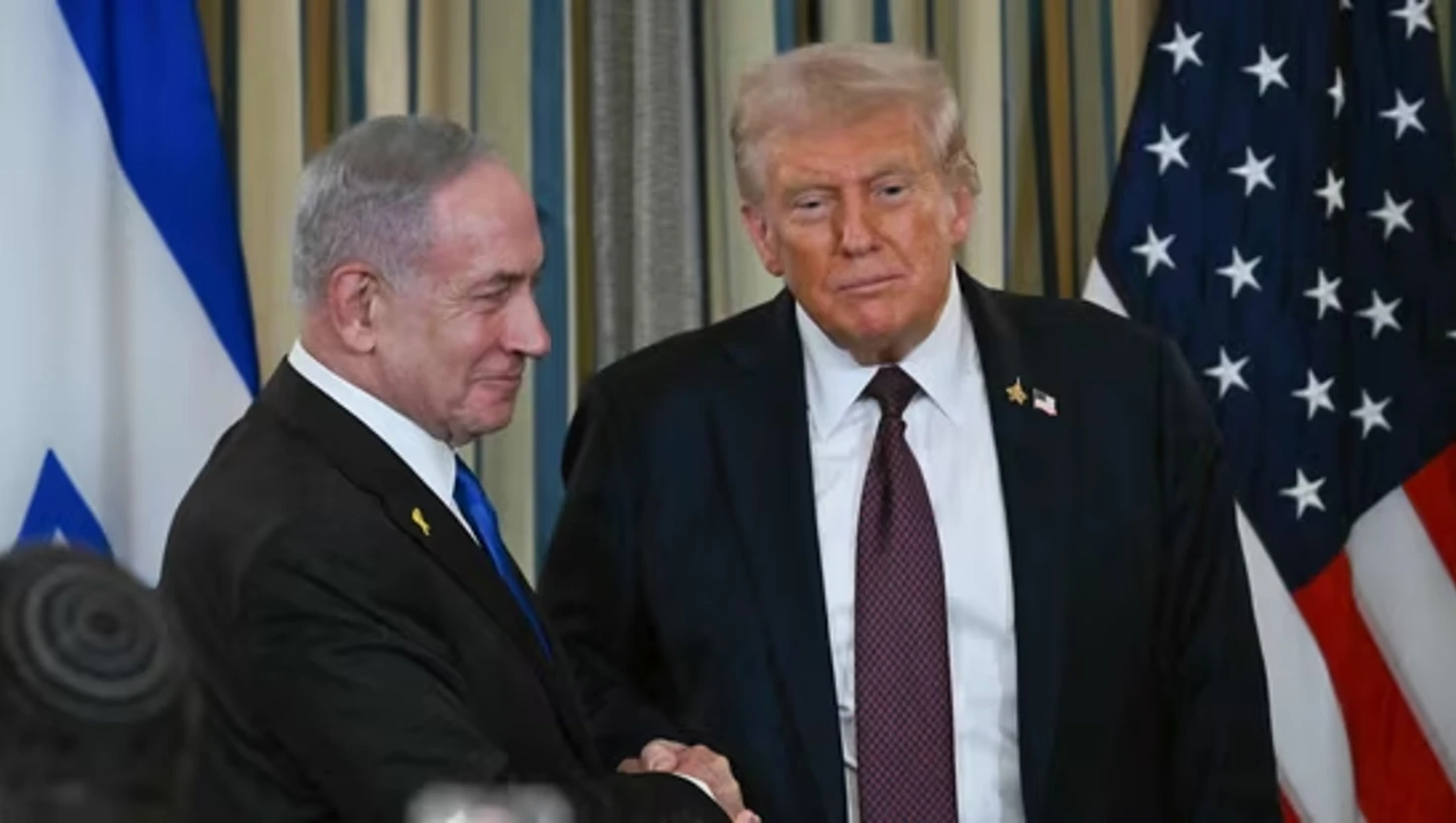
Trump warns of 'sad end' if Hamas does not accept his Peace Plan in 3-4 days
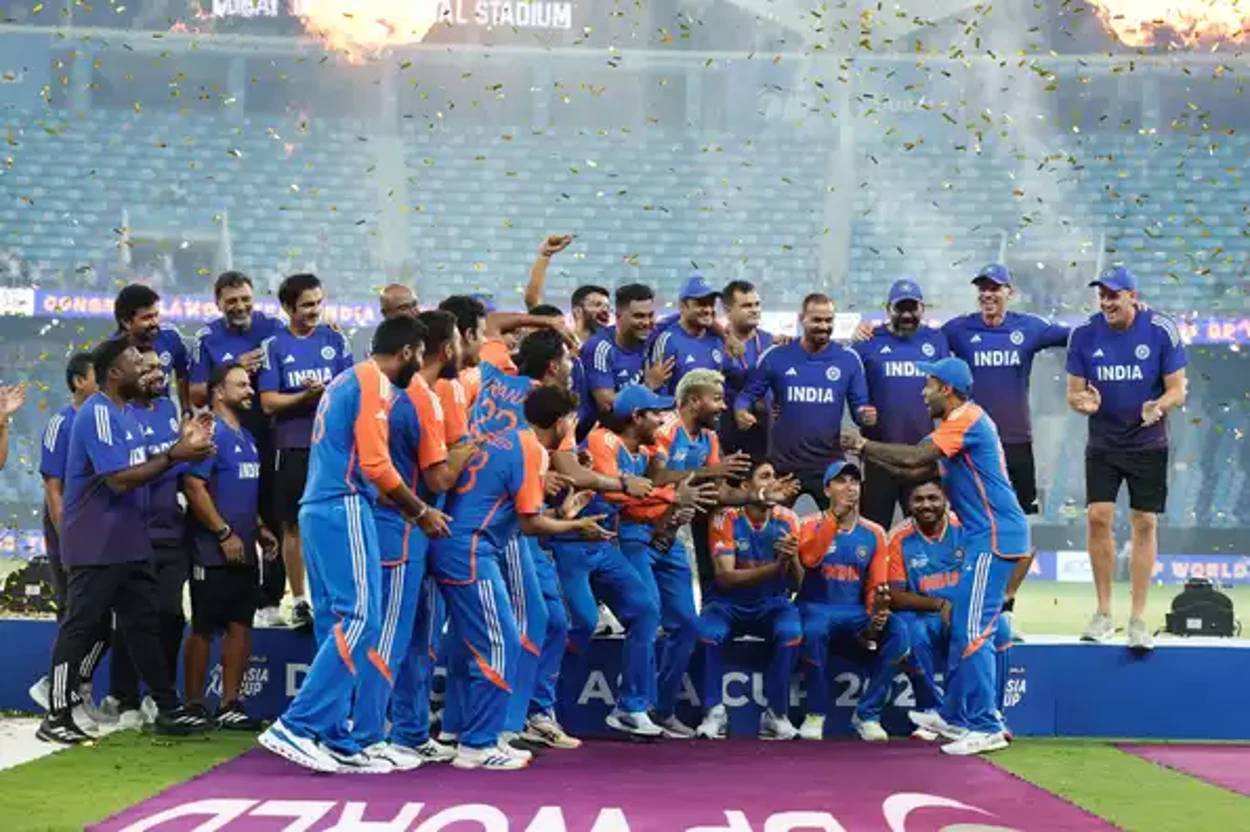
BCCI Accuses ACC Chairman of Improper Custody of Asia Cup Trophy
